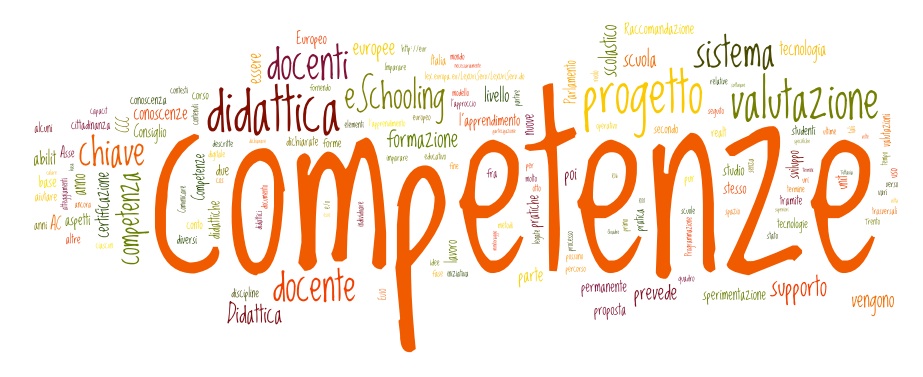Pubblicato il 20 gennaio 2015
Due chiare scelte di campo: Polonia e Islanda hanno scelto di spingere sulla didattica per competenze. Nel caso della Polonia, apparentemente se ne vedono già i risultati.
Riportiamo qui in proposito due estratti da New Insights from TALIS 2013 – Teaching and Learning in Primary and Upper Secondary Education
POLAND
Change of educational structure and curriculum in Poland Poland carried out an aggressive education reform in the past decades. During this period,
Poland’s PISA results showed significant improvement: the performance of Poland’s 15-year old students in PISA 2000 was below the OECD average, but their latest results in PISA 2012 are significantly above the OECD average. Generally, these education reforms occurred in two stages. One was conducted in the late 1990s. This phase reformed school structure, reduced the period of primary school from eight years to six years and introduced lower secondary schools, with the aims to provide all students with opportunities for longer general education and to avoid early differentiation.
The other reform was conducted starting in 2009. It expanded the reform from the late 1990s and revised the national curriculum. Poland introduced cross-curricular themes such as health education, ecological education, reading and media education and education for society, and improved vocational training programs.
While respecting the autonomy of schools and teachers, assessment and examination were revised in terms of improving accountability and quality assurance. Poland’s reforms have also been flexible, adjusting to the needs of a more diverse student population and increased demand to participate in secondary and tertiary education. In this context, in 2009, the Ministry of National Education expanded the reforms initiated in the late
1990s by modifying the national core curriculum for general education and school vocational training programmes. The new curriculum shifted the focus from the narrow, subject-related requirements to more general, transversal skills and competencies.
The new curriculum would focus on experiments, scientific inquiry, problem solving, reasoning and collaboration.
National standardised assessments and examinations were adjusted accordingly, and the concept of a core curriculum was adopted. This gave schools extensive autonomy to create their own curricula within a predetermined general framework, balancing the three goals of education: imparting knowledge, developing skills and shaping attitudes.
Sources:
ICELAND
The National Curriculum Guide (Law no. 92/2008 and the National Curriculum Guide in 2011 [MESC, 2011a]) includes a general section and has only three compulsory subjects – Icelandic, mathematics and English – across the programmes. The schools have the freedom to retain
traditional subjects from the 1999 curriculum or adopt new ones, implement interdisciplinary work and cross-curricular courses according to the needs and diversity of students.
The guide has a definite focus on knowledge, skills and competence-based education as imported from the European Commission (2008) instead of the mostly knowledge-based focus of the 1999 curriculum. In addition, there are six fundamental pillars – literacy, sustainability, democracy and human rights, equality, health and well-being, and creativity – that are meant to guide the curriculum across all sections of school communities from administration to teaching and learning.
Sources:
- Iceland’s Ministry of Education, Science and Culture,
- OECD-Iceland Improving Schools Review: Towards a Strategy to Prevent Dropout in Iceland, Results of the OECD-Iceland Workshop Preventing Dropout in Upper Secondary Schools in Iceland,
- Ragnarsdóttir, G. and I.A. Jóhannesson (2014), “Curriculum, crisis and the work and well-being of Icelandic secondary school teachers”, Education Inquiry, Vol. 5/1, pp. 43-67.
